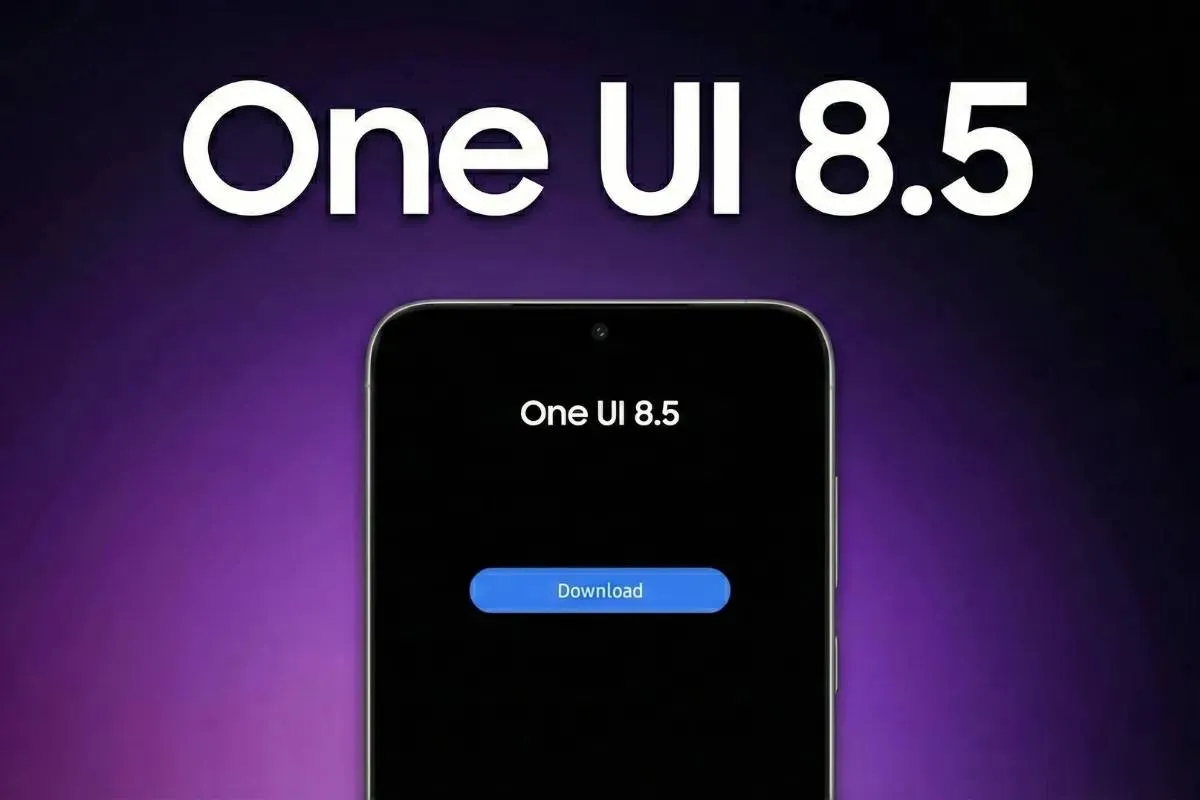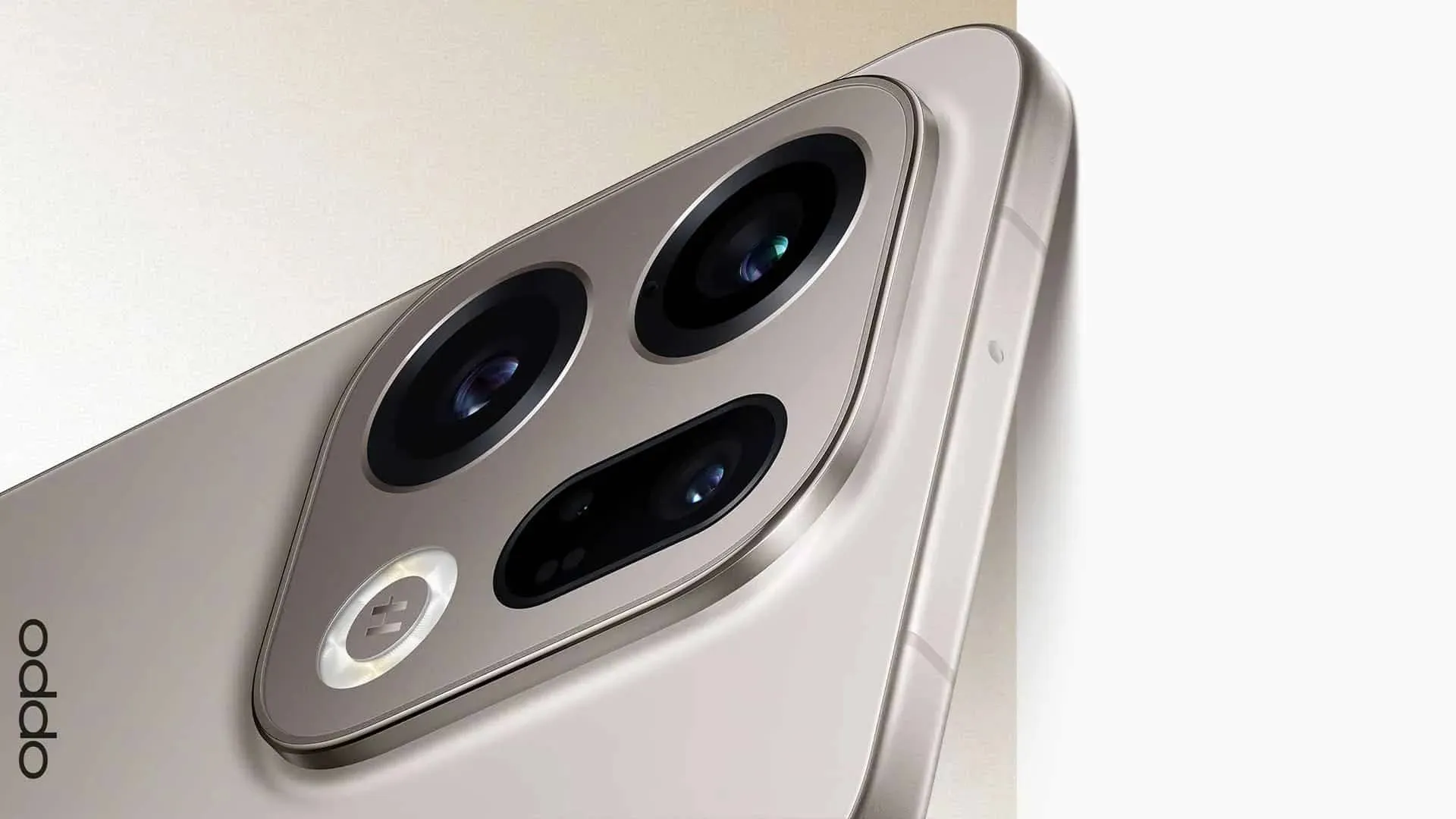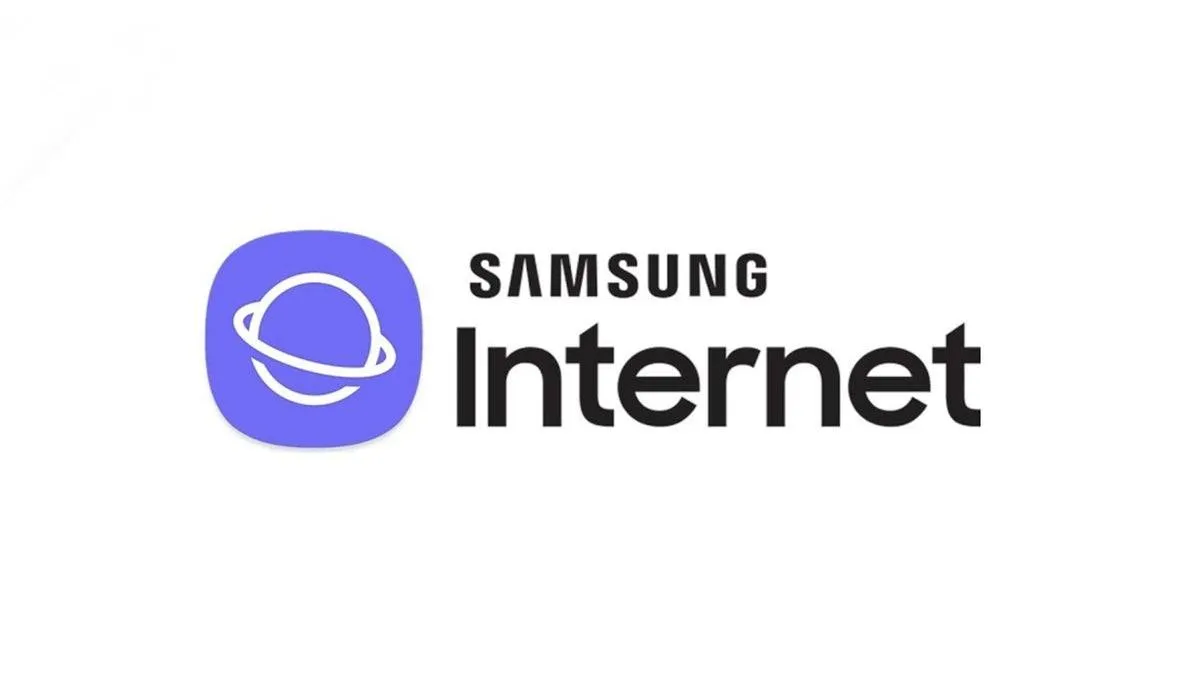Apple settles with EU, opens NFC mobile payments to third parties
AppleThursday, 11 July 2024 at 15:11
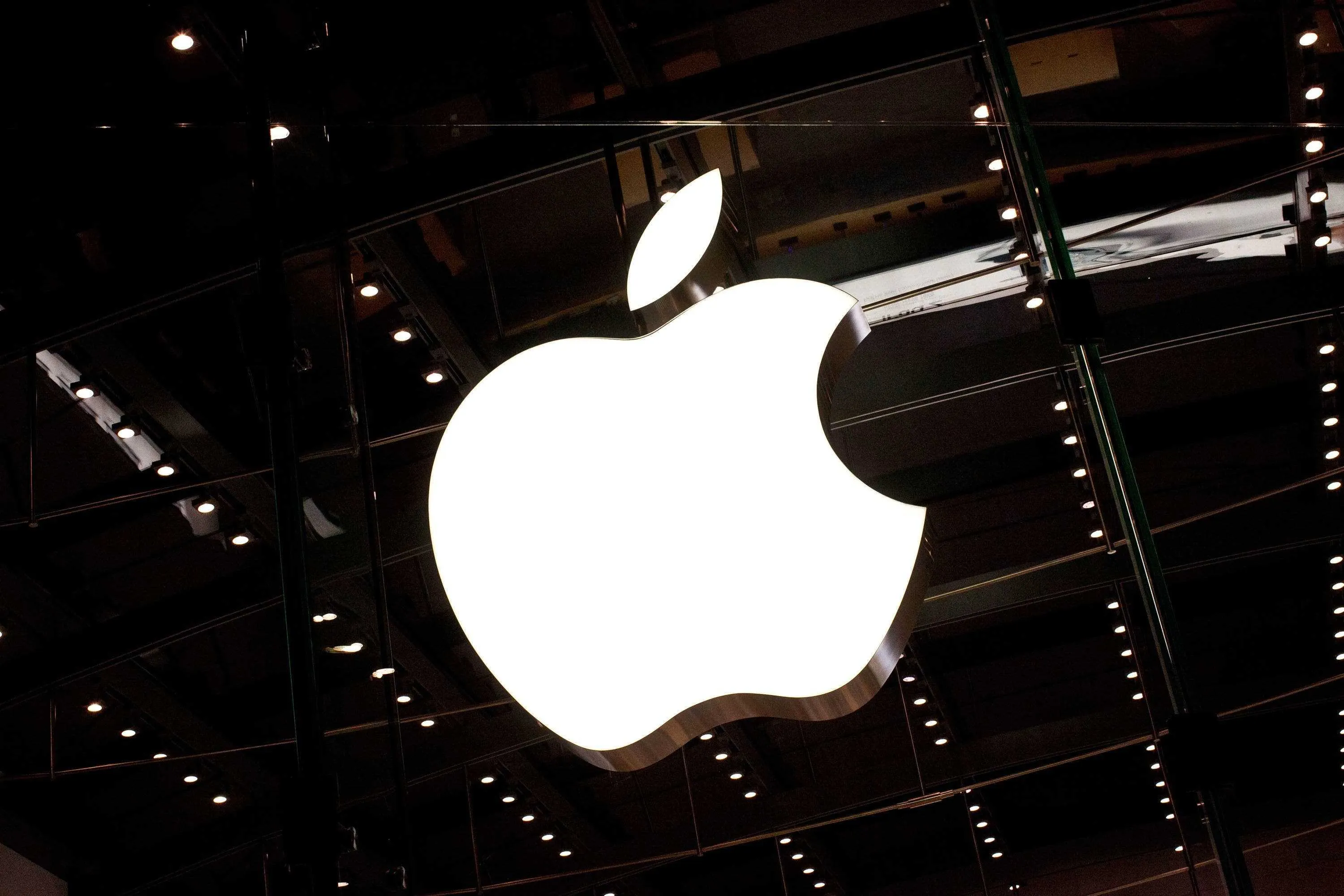
Today, the European Union (EU) announced a pivotal decision regarding Apple’s NFC payment system. The EU accepted Apple’s commitment to open its NFC hardware and software to third - party mobile wallet developers. This move, deemed legally binding under EU antitrust rules, marks a major shift in the mobile payment landscape. Since the Digital Market Act was passed into law, Apple has been doing all it can to ensure that it complies with the act. This article explores the details of this commitment, its implications for the market, and the potential benefits for users.
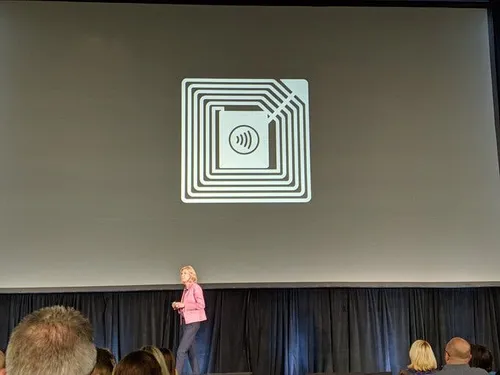
Apple's Dominance and EU Antitrust Rules
The Monopoly of Apple Pay
The European Commission highlighted that Apple Pay was the sole mobile wallet with access to NFC on iOS devices. This exclusivity barred other mobile wallet developers from utilizing NFC technology, a clear violation of Article 102 of the Treaty on the Functioning of the European Union (TFEU). This article prohibits the abuse of market dominance, which Apple was found to be engaging in by limiting NFC access to its own services.
Apple’s Commitment to Change
In response, Apple promised to enable NFC access in Host Card Emulation (HCE) mode. HCE allows payment data to be stored securely and transactions to be completed using NFC without relying on a secure element within the device. This change will permit third - party mobile wallet providers to access NFC on iOS devices freely, bypassing the need for Apple Pay or Apple Wallet.
Fair and Transparent Access
Apple has committed to implementing fair, objective, transparent, and non-discriminatory procedures for third-party mobile wallet developers. These procedures include clear qualification criteria for granting NFC access, ensuring a level playing field for all developers.
Following a market test, where the EU consulted all relevant third parties, Apple revised its initial proposal. These revisions include expanding the use of HCE payment applications, allowing HCE payment functionality to be combined with other NFC features, and removing the requirement for developers to have a Payment Service Provider (PSP) license to access NFC.
Key Commitments by Apple
Apple will now allow HCE payment apps to initiate payments on other industry - certified terminals. This expansion opens new opportunities for developers to create diverse payment solutions.

Apple’s commitment includes allowing HCE payment functionality to be combined with other NFC features or use cases. This will enable developers to innovate and offer better solutions to users.
Apple will remove the requirement for developers to have a PSP license or a binding agreement with a PSP to access NFC input. This change lowers the barrier for entry, making it easier for developers to create NFC-enabled apps.
Developers will now have the ability to pre - build payment apps for third - party mobile wallet providers. This capability ensures that new and existing wallet apps can seamlessly integrate with iOS devices.
Industry Standards and Updates
Apple has pledged to update the HCE architecture to comply with evolving industry standards used by Apple Pay. This ensures that third - party apps will remain compatible with the latest tech trends.
Developers will be able to prompt users to change their default payment app and redirect them to the default NFC settings page. This feature gives users more control over their payment preferences.
Apple will adhere to the same industry standard practices as HCE payment application developers to protect confidential info obtained during the audit process. This ensures that sensitive data remains secure.
Resolving Issues and Procedural Safeguards
Apple has committed to shortening the time frame for resolving contentious issues. This swift resolution process will minimize disruptions for developers and users.
The pact includes providing more freedom and procedural safeguards for supervisory trustees. This measure ensures that the oversight process remains fair and unbiased.
Potential Fines for Non-Compliance
Huge Fines
According to IT Home, if Apple refuses EU rules, the effect could be severe. The EU demands a fine of up to 10% of Apple’s yearly income for not keeping the rules. With Apple’s 2023 earnings at $383 billion, this penalty could be nearly $40 billion. Such a hefty fine shows how serious these rules are and how much the EU values following them. The potential money impact aims to make sure even large firms like Apple always obey these rules. This EU move sends a clear message about its promise to fair business and entry to the digital market.
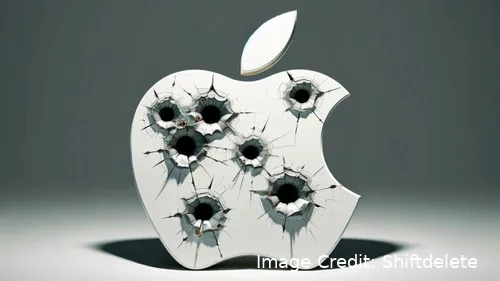
Image Credit: Shiftdelete
Global Impact
Though set by the EU, these rules extend beyond Europe. Notably, the new service allowing photo and video moves between iCloud and Google Photos isn’t just in the EU. Its global start means users worldwide get better access and fairness in mobile payments. By rolling out these changes worldwide, Apple not only follows EU rules but also makes a more open and user - friendly global data plan. This gives more freedom and change to users globally for handling digital data and making mobile payments. It backs a more full and fair digital world. Extending these services worldwide says a lot about a larger commitment to user rights and fair work, showing a change to a combined and easy digital future.
Conclusion
The EU's decision to make Apple’s commitment legally binding marks a new era for mobile payments. By opening NFC access to third - party developers, Apple is fostering a more competitive and innovative market. Users will benefit from a wider range of payment solutions, greater control over their payment preferences, and enhanced security measures. This big step by the EU and Apple sets a precedent for ensuring fair market practices in the tech industry.
Loading
